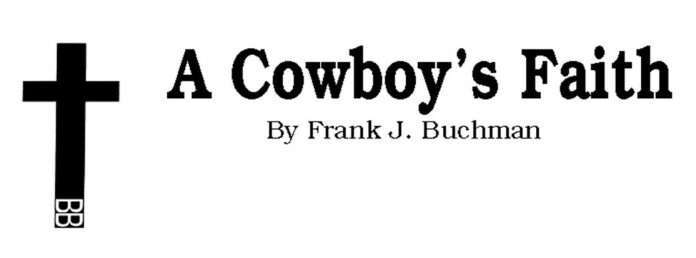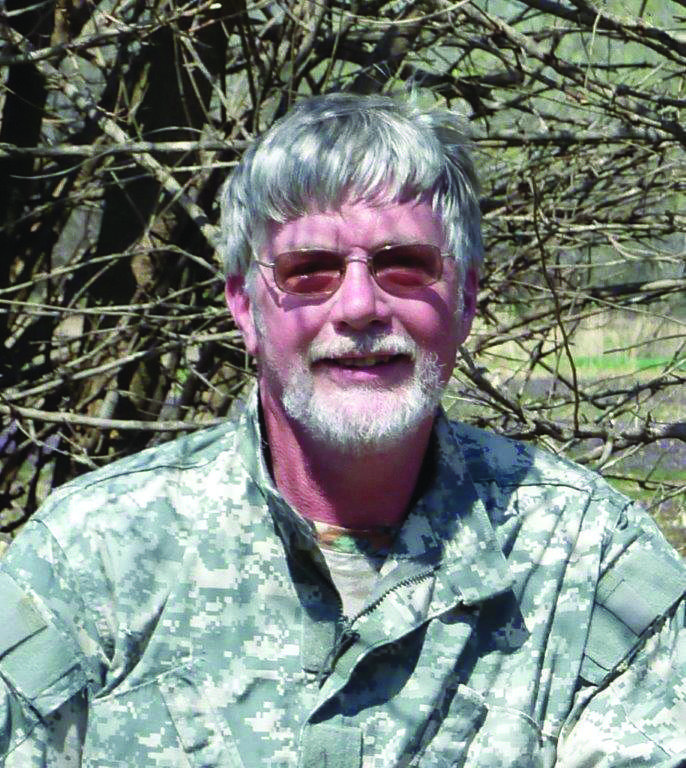“It hadn’t been used for a couple of years, so the twine-tie square baler was sold on an internet auction.”
Small square bales of hay are a lot of work, but nearly essential for most livestock operations.
Big round bales of hay are much easier to handle and feed large herds. However, when there’s just one cow in a pen, a flake of hay from a small square bale works better.
Two small square hay balers have been used in the ranching operation in the past half century.
The John Deere T14 baler worked sufficiently with bales dropped on the ground and loaded by hand onto the pickup.
Most farmers had wagons pulled behind so a man could load bales as they came out of the baler. There wasn’t one available here, so additional manual labor was required during hay season. The square bales had to be stored by hand in the barn.
After considerable difficulties with the twine-tying mechanism, and lots of messy untied bales, that original baler finally just gave out.
Replacement was a well-used New Holland 276 twine-tie square baler. Exciting thing about that baler was the accumulator accompanying it, so bales were dropped in packs on the ground.
A tractor with a frontend loader picked up the packs of bales and loaded them on a trailer. Bales were much more readily stored in an open hay shed with not nearly as much handwork.
That square bale handling operation worked well for several years until the old baler developed considerable mechanical problems. Instead of finding another replacement, it was decided to have the square bales put up by a custom operator.
Important to emphasize that one big negative about the twine-tied square hay bales is that rodents frequently eat the twine. There’s a loose pile at feeding time instead of convenient easy-to-distribute tight flakes of baled hay for individual pens.
Grass for hay is swathed into windrows by the ranch manager with most of it going into large round bales.
Small square bales put up by the custom operator are tied tight with wire, which is rodent resistant.
Buyer came 250 miles from Nebraska to get the old baler-accumulator which required two hours to load on his trailer.
Reminded of First Kings 18:5: “So be we make hay to feed the cattle.”
+++ALLELUIA+++
XVII–37–9-24-2023





